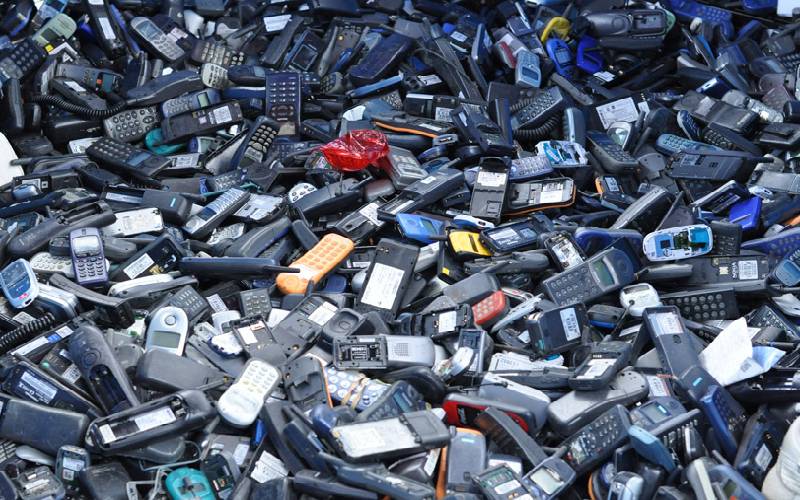PETER Oliech walked into a mobile phone shop in Nairobi’s Moi Avenue to buy a smartphone for his wife. He had a budget of Ksh10,000.
A nice looking lady welcomed him into the packed phone shop. There were many other girls clad in half T-Shirts – and who kept beckoning and trying to persuade him to walk to their stand.
Oliech found himself following this specif lady. She looked presentable and had a nice smile that could win any stubborn buyer’s heart like it did his.
“I walked into the shop and followed her to this table that had well displayed mobile phones. I wanted a specific phone brand – but which she did not have at the moment. She tried to convince me to pick a different phone,” said Oliech who settled on one of the phones which had a price tag of Ksh9,500 – the lady agreed to take Ksh8,000.
Something strange happened.
“The lady left and went to talk to the shop owner – who was also a lady. I saw them engaged in animated discussions before she came back to where I saw seated,” said Oliech.

“Sir, I will have to rush to the main store where we keep our phones to get you the exact mobile phone. So, kindly wait,” the lady told a shocked Oliech.
He had to wait for nearly 15 minutes as the lady went to get the phone.
“I paid and left the shop with the phone,” says Oliech who told Mwanahabari.co.ke that the mobile phone could not access the internet, its batteries kept heating up like an oven – and was just generally problematic. The phone, he says, lasted for two months because they threw it away.
Maurine Karanja had the same exact experience in town.
Unlike Oliech, she had insisted on following the salesman to the said store to see for herself.
“I was shocked when he took me to a tiny shop in Luthuli avenue perched on some chaotic building – somewhere on the third floor. There was no logo associated with the reputable phone manufacturer,” she said.
“Two men ran the store – and were selling a variety of phones, phone accessories and just about anything,” she adds.
Mobile phones in Kenya are one of the most counterfeited at 51.8 percent, followed by alcohol at 30.8 percent, DVD players at 26.4 percent and bottled water at 24 percent.

Tom Mboya street and Luthuli Avenue in downtown Nairobi, have been identified as conduits for trade of counterfeit smartphones, especially from China.
A raid in the area in February 2019, uncovered a haul of counterfeit mobile phones worth Ksh. 8million.
Investigations have revealed that counterfeit phones are often falsely branded and passed on as some of the most popular brands.
These are then priced lower to attract the unsuspecting buyers.
According to Kenya’s AntiCounterfeit Agency: “Alongside importation of the phones themselves, there are more goods such as back covers, battery wrappers bearing logos fake screen covers, stickers and battery wrappers that are then used to repackage the phones as genuine and recognizable brands.Whoever is found with the phones is the one we will arrest.”
Of concern is the fact that some components of the phone such as Lithium-ion batteries found in smartphones can be dangerous to the users if not well disposed.
It is estimated that the smartphone industry lost Ksh. 4.8trillion worth of sales to counterfeits in 2015 alone.
The East African Community (EAC) is said to be losing over billions in tax revenue annually due to counterfeiting.
Kenya Association of Manufacturers (KAM) manual at one point ranked Kenya as the largest market for counterfeits in East Africa.
Kenyans have been asked to buy phones from original dealers to avoid falling into the expansive counterfeit trap.

